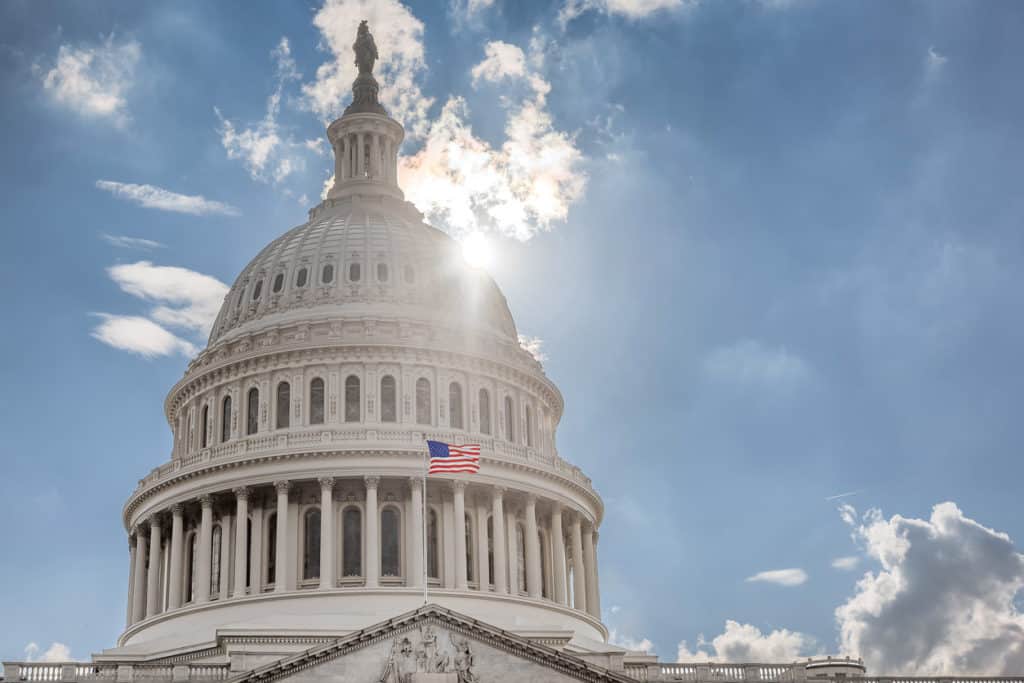In January 2021, the passage of Anti-Money Laundering (AML) Act of 2020 established the AML Whistleblower Program. Since then, whistleblower advocates have repeatedly called for reforms to the program, claiming that legislative loopholes would undermine the much-needed whistleblower award program. A bill recently introduced by Representative Alma Adams (D-NC) offers two reforms to the AML Act which have been requested by whistleblower advocates.
The AML Whistleblower Program aims to incentivize individuals to blow the whistle on money laundering to the Treasury Department by offering monetary awards and anti-retaliation protections. The whistleblower provisions of the AML Act were largely modeled off those of the Dodd-Frank Act, the law which established the highly successful SEC Whistleblower Program, but a few key differences have created the loopholes.
One of the main loopholes in the current AML Act is the lack of a mandatory award minimum. The lack of a mandatory minimum means that awards are purely discretionary and the Treasury Department could withhold an award from a fully qualified whistleblower. Prior to the passage of the AML Act, the National Whistleblower Center (NWC) sent a letter to Congress expressing their concerns about the lack of a provision requiring minimum awards. According to NWC, the lack of a mandatory minimum award “greatly undercuts Congress’s intent to strengthen protection of whistleblowers with evidence of money laundering and terrorist financing.”
Adams’ bill addresses this shortcoming by mandating that qualified whistleblowers receive an award of at least 10% of the monies collected by the government in the enforcement action related to their disclosure. This aligns the AML Act with the Dodd-Frank Act and other modern whistleblower award laws.
The other loophole Adams’ bill addresses is the current lack of funding for the AML Whistleblower Program. Unlike the Dodd-Frank Act, which established a fund to pay whistleblower awards entirely financed through sanctions collected in enforcement actions brought by whistleblowers, the AML Act relies on Congressional appropriation to receive funding to pay awards.
According to whistleblower law expert Stephen M. Kohn of Kohn, Kohn & Colapinto, the question of whether whistleblower rewards should be financed through appropriations was already answered by Congress in 2016. Kohn explains that there was a Congressional hearing on this topic during which, following expert testimony on the history of qui tam whistleblower laws, all the Committee members “acknowledged the importance of paying whistleblowers outside the formal appropriations process on the official hearing record.”
Adams’ bill would establish the Financial Integrity Fund financed through money laundering sanctions. This Fund would guarantee that the AML Whistleblower Program is able to pay out awards to qualified whistleblowers. This would conform the AML Act with the Dodd-Frank Act.
Adams’ bill is supported by NWC. “Current events have illustrated the importance of controlling illegal banking activities like money laundering and bribery to safeguard democracy against the kind of instability and violence that we see occurring in Ukraine,” said NWC Executive Director Siri Nelson. “Anti-money laundering whistleblowers are critical to the success of U.S. sanctions and Rep. Adam’s introduction of this bill could not have come at a better time!”
In the U.S. Senate, Senators Chuck Grassley (R-IA) and Raphael Warnock (D-GA) are cosponsoring a companion bill which fixes the same loopholes in the AML Act. This bill is also supported by whistleblower advocates.
Read:
NWC Celebrates Rep. Adam’s Introduction of AML Reward Provisions – National Whistleblower Center
